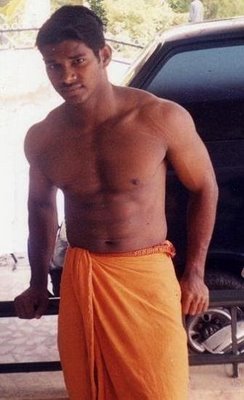@raphjd:
On the other hand there does seem to be a rising tide of right-wing authoritarianism around the world.
What are you talking about? What "right-wing authoritarianism" is rising, outside of ISIS type crap?
Let me guess, you are referring to Brexit and the like.
Some people think about Brexit in those terms. I wasn't particularly. But if you look at a lot of places around the world there are plenty of movements/political parties that are on the right and authoritarian in flavor, sometimes religion-based, but sometimes not. Sometimes they use the "traditional" language of the Right, sometimes not, but the actions all lead the same way. A few examples: Turkey, Poland, Egypt, le Pen in France, Russia, Trump in the US, Turnbull in Australia, the military coup in Thailand a coupla years ago, Yameen in Maldives, Hungary, Modi in India, the ADF in Germany, the increasing grips on power in the various "Stans," etc. And of course all the ISIL-related crap going down in the Middle East like you mention, if you consider religious fanaticism a form of right-wing authoritarianism - personally I do.
The original question was "why is communism not as hated as Nazism." I took "Nazism" to mean fascism and/or right-wing authoritarianism in general (Nazism these days is used as a code word in this sense). I'm not going to argue whether literal fascism is actually on the rise or not; the original question was about perceptions ("not as hated"). I think it's safe to say that if you were to ask the average person, particularly in the West, if they were more worried about a communist takeover of their country or a right-wing take over, I think that right now, at this point in history, more people would be worried about the Right than the Left. The general perception seems to be that the Right is currently ascendant whereas the Left seems to be dying out (sometimes painfully, like in Venezuela and, hopefully, N. Korea).
I don't feel like this response, or my original input, is attacking anyone, or judging. So please, calm down; I was just trying to be part of a conversation by giving thoughts about historical context.







